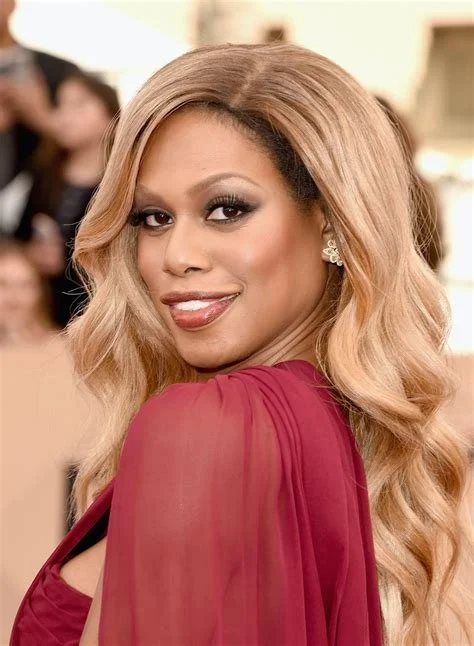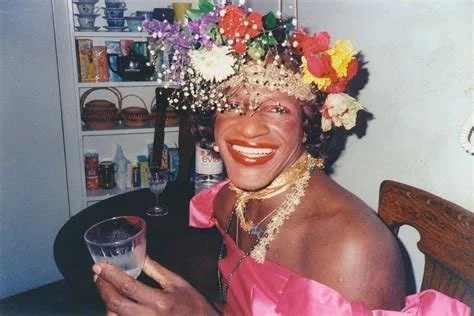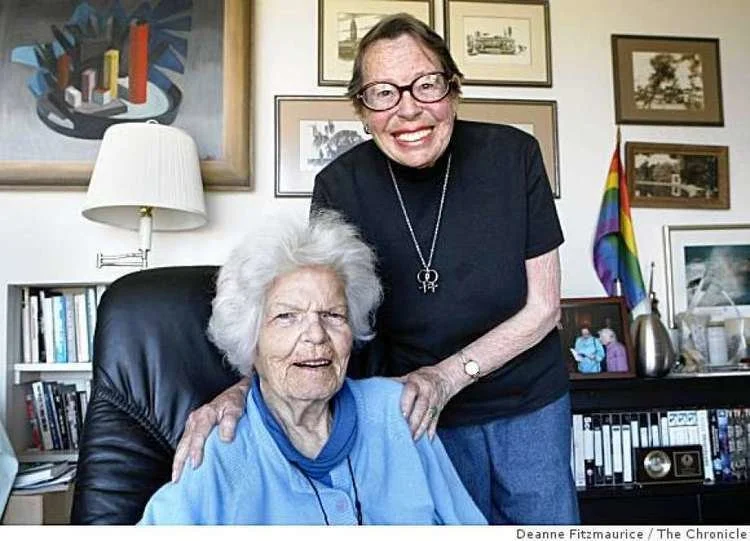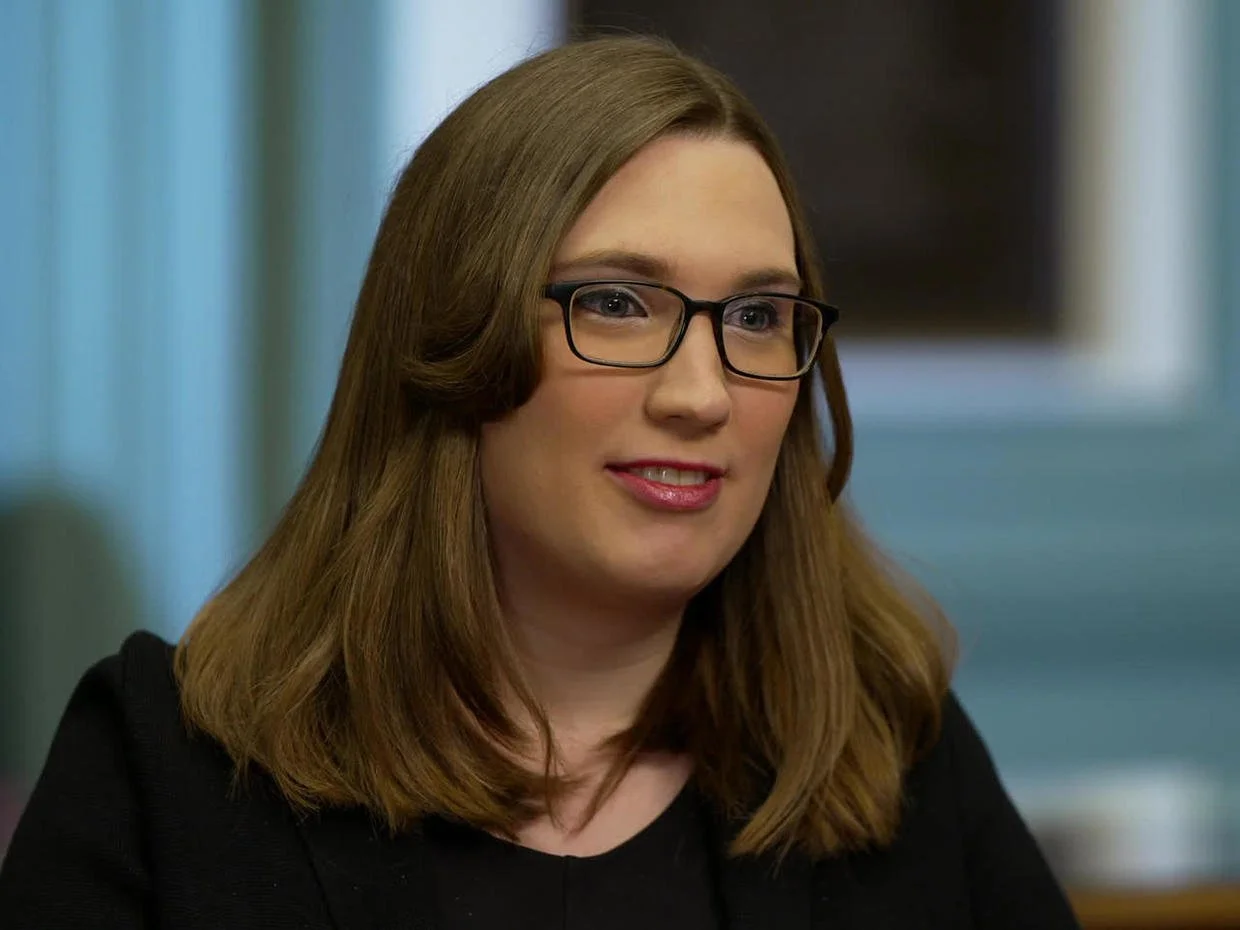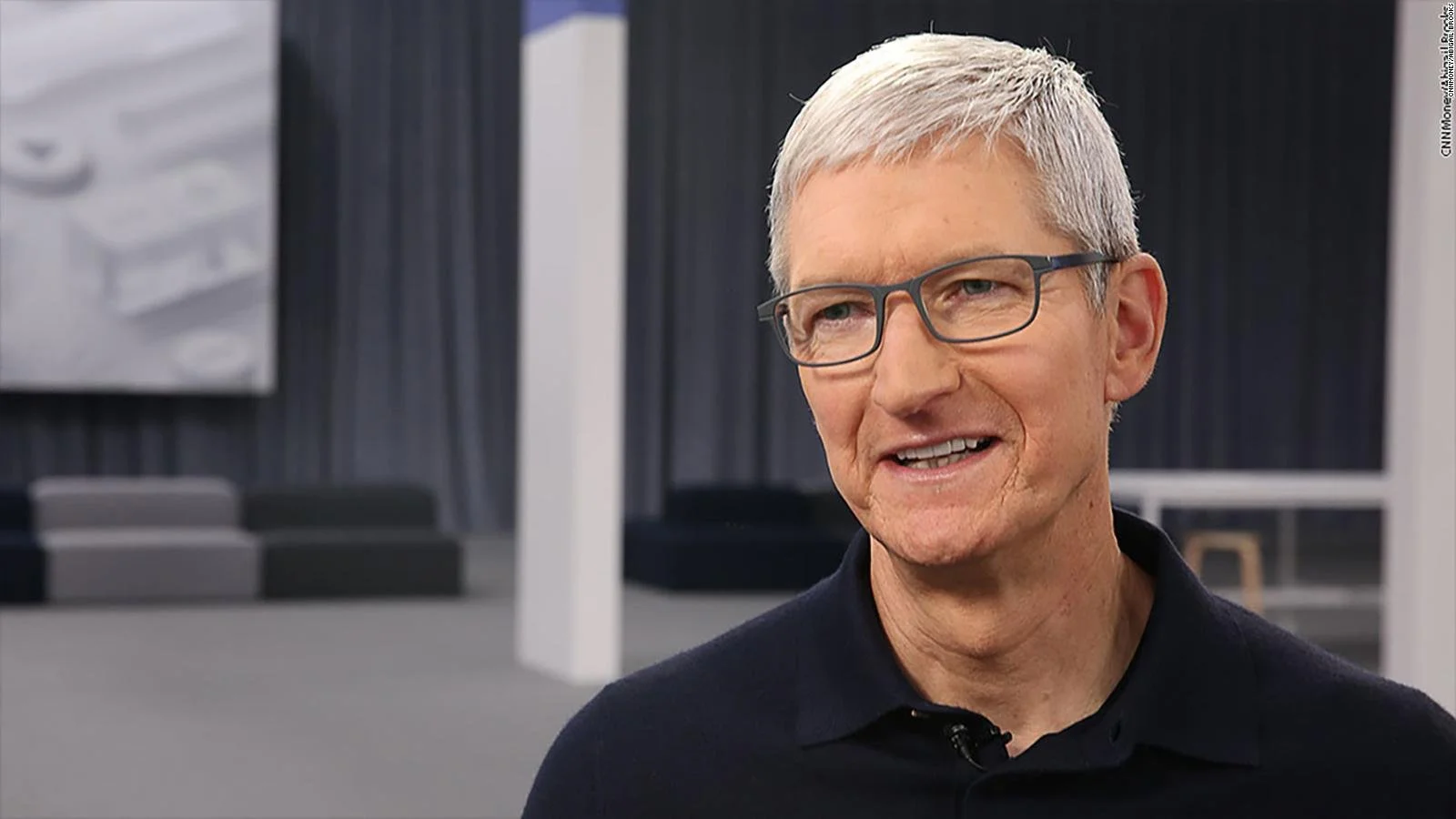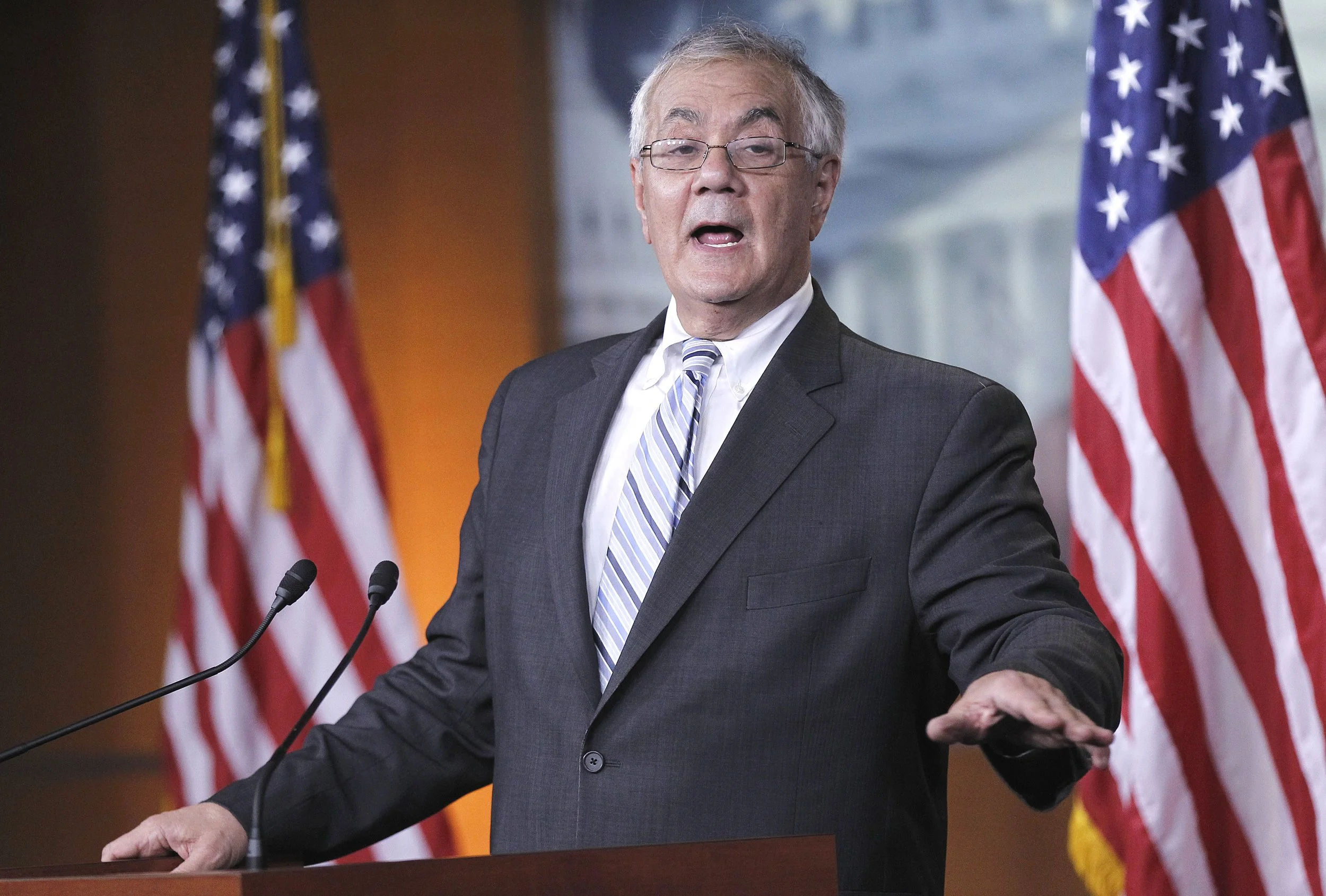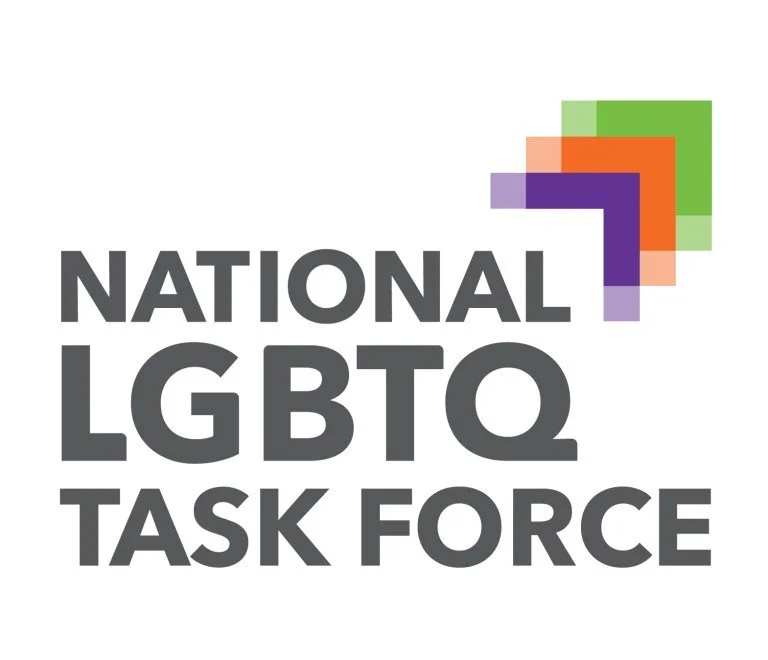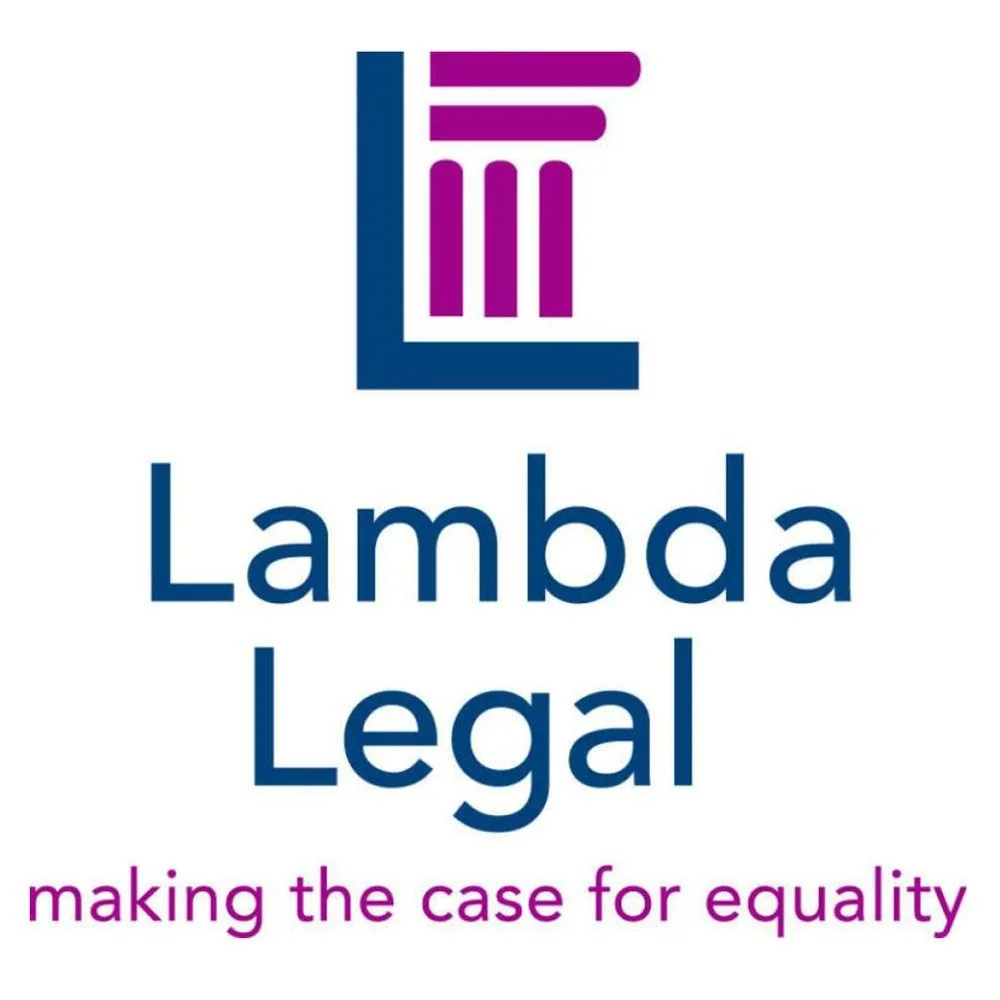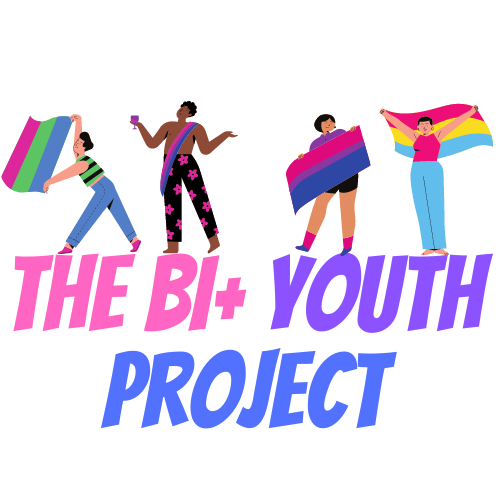LGBTQ+ Rights Movement
Movement Breakdown
The LGBTQ+ Rights Movement in the United States represents a profound and ongoing struggle for equality, characterized by monumental triumphs and significant challenges. It prominently surged in the late 20th century, with the Stonewall Riots 1969 marking a pivotal turning point. These riots, a spontaneous response to police raids at the Stonewall Inn in New York City, galvanized a wave of activism, laying the groundwork for a more organized and vocal movement. Before Stonewall, LGBTQ+ individuals were routinely marginalized and faced harsh legal penalties for simply being themselves and living in a society that criminalized their existence and relationships.
Critical legal victories, grassroots advocacy, and the relentless pursuit of justice mark the movement's journey. A watershed moment occurred in 2015 with the Supreme Court's decision in Obergefell v. Hodges, which extended the right to marry to same-sex couples across the nation. This historic ruling was a testament to the tireless efforts of activists and advocates who fought for recognition and equality under the law. Nonetheless, the battle for LGBTQ+ rights extends beyond marriage equality, confronting persistent issues such as workplace discrimination, healthcare access, and the alarming rate of violence against transgender people, underscoring the continuous need for advocacy and protective legislation.
Intersectionality plays a critical role in the LGBTQ+ Rights Movement in the US, acknowledging the complex ways in which sexual orientation and gender identity intersect with other axes of identity, including race, class, and disability. This recognition has fostered partnerships with other social justice movements, broadening the scope of the fight for equality and inclusivity. Despite the strides made, the journey toward full LGBTQ+ equality is far from over. Advocates and allies remain committed to overcoming barriers and ensuring a more inclusive and equitable future for all, driven by the belief that justice for one must mean justice for all.
Communities Affected
A diverse array of communities, each facing unique challenges and discrimination based on their sexual orientation, gender identity, and expression. Among these are lesbian women, gay men, bisexual and multi-gender loving individuals, transgender people, and those who identify as queer. These communities are not monolithic; their experiences are further nuanced by intersections with race, ethnicity, class, disability, and geographical location, leading to varied and complex struggles for rights and acceptance.
Major Issues Affecting LGBTQIA+ Communities
Lesbian Women
Healthcare Disparities: Lesbian women often encounter significant barriers in accessing healthcare, including discrimination from providers, lack of sensitivity to their specific health needs, and a scarcity of research on lesbian health issues.
Violence and Harassment: They are also disproportionately affected by sexual violence and harassment, both in public spaces and within intimate relationships, often compounded by a lack of supportive resources tailored to their experiences.
Gay Men
HIV/AIDS Stigma: Despite advances in treatment and prevention, gay men, particularly those of color, continue to face stigma and discrimination related to HIV/AIDS, affecting their access to healthcare and support services.
Homophobic Violence: Gay men are frequent targets of homophobic violence and hate crimes, which can be exacerbated by racial and ethnic prejudices, posing a severe risk to their safety and well-being.
Bisexual/Multi-Gender Loving Folks
Erasure and Invisibility: Bisexual and multi-gender loving individuals often face erasure and invisibility, both within the LGBTQ+ community and in society at large, leading to a lack of recognition and support for their specific issues.
Mental Health Challenges: They experience high rates of mental health issues, including anxiety, depression, and suicidal thoughts, often stemming from societal rejection, stigma, and the stress of navigating dual identities.
Trans Folks
Gender-Affirming Healthcare: Transgender individuals face substantial obstacles in accessing gender-affirming healthcare, from financial barriers to finding competent and understanding healthcare providers.
Legal and Social Recognition: The fight for legal recognition of their gender identity and protection from discrimination remains a pressing issue, with many facing challenges in changing legal documents and encountering discrimination in employment, housing, and public accommodations.
Queer Folks in General
Social Acceptance: Queer individuals often struggle with societal acceptance, facing ostracization, discrimination, and misunderstanding from both within and outside the LGBTQ+ community.
Representation: There is a critical need for greater representation in media, politics, and other areas of public life, which is essential for promoting understanding, acceptance, and the dismantling of stereotypes.
Social Leaders of The Movement
Marsha P. Johnson
A prominent figure in the Stonewall Riots and a tireless advocate for transgender rights, Johnson co-founded the Street Transvestite Action Revolutionaries (STAR) to support homeless transgender youth in New York City.
Audre Lorde
A writer, feminist, and civil rights activist, Lorde's work addresses the intersections of race, gender, and sexuality, emphasizing the importance of speaking out against injustice.
Laverne Cox
Emmy-nominated Cox advocates for transgender rights, focusing on healthcare, violence, and media representation for trans women of color.
RuPaul Charles
The most successful drag queen in the US, RuPaul has transformed mainstream views of the LGBTQ+ community with "RuPaul's Drag Race," advocating for queer visibility and dialogue on gender and identity.
Jennifer Pritzker
As one of the only openly transgender billionaires, Pritzker has significantly funded transgender rights and research, marking a philanthropic commitment to LGBTQ+ issues through her Tawani Foundation.
Harvey Milk
Known as one of the first openly gay elected officials in the United States, Milk served on the San Francisco Board of Supervisors and was a vocal advocate for gay rights until his assassination in 1978.
Phyllis Lyon and Del Martin
Founders of the Daughters of Bilitis, the first lesbian rights organization in the United States, Lyon, and Martin pioneered the struggle for lesbian rights and visibility.
Sarah McBride
Making history as the first openly transgender speaker at a major party convention in 2016, McBride is now the highest-ranking openly transgender official in the US, championing LGBTQ+ equality, healthcare reform, and transgender rights as a Delaware state senator.
Anderson Cooper
The first openly gay prime-time news anchor, Cooper has played a vital role in enhancing LGBTQ+ visibility in news.
Political Leaders of The Movement
Economic Leaders of The Movement
Tim Cook
Apple's CEO and an influential openly gay business leader, Cook has championed LGBTQ+ rights and diversity, enhancing Apple's support for LGBTQ+ advocacy since 2014.
Tammy Baldwin
As the first openly gay U.S. Senator, Baldwin has been a vocal advocate for LGBTQ+ rights, including non-discrimination laws, marriage equality, and health care access.
Karine Jean-Pierre
Serving as the White House Press Secretary, Jean-Pierre is the first openly gay woman and Black woman to hold the position, representing significant progress for LGBTQ+ political visibility.
Bayard Rustin
An openly gay civil rights activist, Rustin was a key advisor to Martin Luther King Jr. and played a pivotal role in organizing the 1963 March on Washington for Jobs and Freedom.
Cleve Jones
Protegé of Harvey Milk, Jones founded the NAMES Project AIDS Memorial Quilt and has dedicated decades to LGBTQ+ rights and AIDS advocacy.
Ellen DeGeneres
After coming out in 1997, Ellen became a pivotal LGBTQ+ figure in media through her show (Ellen Show) and philanthropy, championing representation and openness.
Pete Buttigieg
He was the first openly gay Democratic presidential candidate and the first openly gay cabinet member in US history. Buttigieg as Secretary of Transportation has spoken openly about LGBTQ+ issues.
David Cicilline
A member of the U.S. House of Representatives, Cicilline is an openly gay politician who has strongly advocated for LGBTQ+ rights, including leading efforts to pass the Equality Act.
Barney Frank
One of the first openly gay members of Congress, Frank was instrumental in advocating for LGBTQ+ rights, including the fight against the Defense of Marriage Act and the military's "Don't Ask, Don't Tell" policy.
Danica Roem
Elected to the Virginia House of Delegates in 2017, Roem became the first openly transgender lawmaker in the US, focusing on policies beyond LGBTQ+ rights, including infrastructure and education.
Jon Stryker
Founder of the Arcus Foundation, Stryker dedicates his philanthropy to LGBTQ+ rights and conservation, globally funding initiatives to improve visibility and acceptance for LGBTQ+ communities.
Sylvia Rivera
Rivera was a key participant in the Stonewall Riots and co-founder of STAR. She dedicated her life to advocating for the rights of transgender people, particularly those of color and low-income.
Community Organizations Involved
Forward Movements
Legal Recognition of Same-Sex Marriage: The Supreme Court case Obergefell v. Hodges in 2015 legalized same-sex marriage across the United States, marking a significant victory for LGBTQ+ rights.
Protection from Discrimination: The Supreme Court's decision in Bostock v. Clayton County in 2020 established that employment discrimination based on sexual orientation or gender identity is prohibited under the Civil Rights Act of 1964.
Increased Visibility in Media and Politics: There has been a noticeable increase in the representation of LGBTQ+ individuals in both media and political offices, enhancing public awareness and acceptance.
Advances in Transgender Rights: Progress has been made in recognizing and protecting the rights of transgender individuals, including more accessible processes for changing legal gender markers and broader access to gender-affirming healthcare.
Setbacks
Anti-Transgender Legislation: An increase in legislation aimed at restricting the rights of transgender individuals, especially trans youth, across various states, affecting areas like sports participation, healthcare, and bathroom access.
Religious Freedom Restoration Acts: The enactment of laws that allow businesses to deny services to LGBTQ+ individuals based on religious beliefs, challenging existing anti-discrimination protections.
Rollbacks on Healthcare Protections: Efforts to diminish healthcare protections for LGBTQ+ individuals, including attempts to limit access to gender-affirming care and reproductive health services.
Erosion of Safe School Environments: Policies and practices that undermine the creation of safe and inclusive educational environments for LGBTQ+ students, including the banning of discussions or materials related to LGBTQ+ topics.
Ways To Support
Educate Yourself: Take the initiative to learn about LGBTQ+ history, rights, and community issues. Understanding the terminology, challenges, and cultural significance can help you be a more effective ally.
Speak Up Against Discrimination: When you witness homophobic, transphobic, or any form of anti-LGBTQ+ rhetoric or behavior, speak up. Challenging bigotry in your daily life can contribute to a culture of acceptance and safety.
Support LGBTQ+ Owned Businesses: Choose to spend your money at businesses owned by LGBTQ+ individuals. This economic empowerment can help uplift the community and promote inclusivity in the business world.
Donate to LGBTQ+ Organizations: Financial contributions to organizations that work for LGBTQ+ rights and support services can make a significant impact. Even small donations can help fund legal assistance, healthcare, education, and advocacy efforts.
Attend Pride and LGBTQ+ Events: Participating in Pride events and other LGBTQ+ gatherings shows your support, helps raise awareness, and fosters a sense of community and belonging for LGBTQ+ individuals.
Advocate for Inclusive Policies: Whether in your workplace, school, or local government, advocate for policies that protect and support LGBTQ+ individuals. This could include non-discrimination policies, healthcare benefits, and inclusion programs.
Volunteer: Many LGBTQ+ organizations and events rely on volunteers to run programs, offer services, and organize advocacy efforts. Volunteering your time can directly support the community and provide personal growth and learning opportunities.
Be a Supportive Friend and Family Member: For LGBTQ+ individuals, having supportive friends and family can make a profound difference in their lives. Listen, offer your support, and be there for them. Being an ally starts with showing love and acceptance in your relationships.
Learn More
From LGBT to LGBTQIA+: The Evolving Recognition of Identity | National Geographic
Discrimination and Barriers to Well-Being: The State of the LGBTQI+ Community in 2022 | American Progress
6 Issues the Global LGBTQ+ Community Is Still Fighting | Global Citizen
Gay Rights | HISTORY
A brief history of lesbian, gay, bisexual, and transgender social movements | American Psychological Association
The Changing Landscape of Global LGBTQ+ Rights | Council on Foreign Relations
Relevant Hashtags
#LGBTQRights, #MarriageEquality, #ObergefellvHodges, #LoveWins, #EqualityForAll, #Pride, #LGBTQHistory, and #SupportLGBTQ





